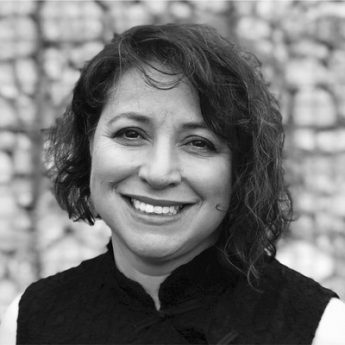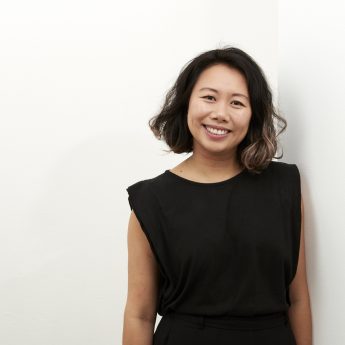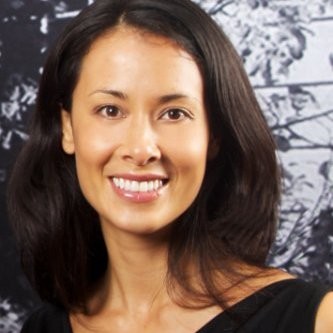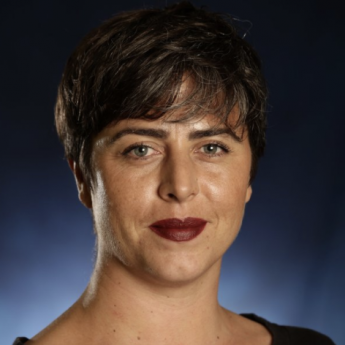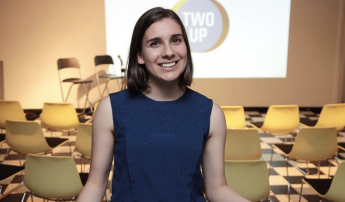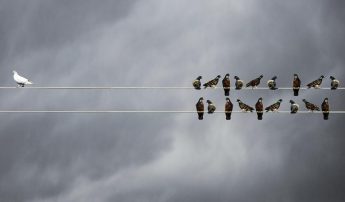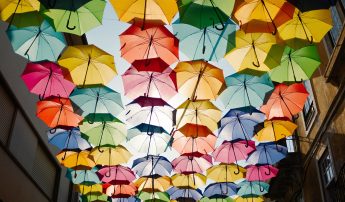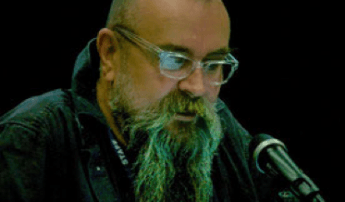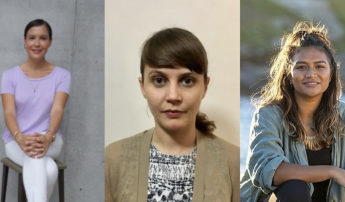Racism in the arts – reform or revolution?
This is a past event.
What is the role and responsibility of the creative sector in the fight for racial justice? How can arts and cultural organisations work with Indigenous peoples, people of colour and minority groups in ways that transcend mere gesture and symbolism?
The Black Lives Matter movement, anti-Asian sentiment sparked by Covid-19 questions of ongoing racism in the screen and cultural sectors have all created headlines in this crazy year of 2020.
When do we ‘call out’ and when do we ‘call-in’ individuals and organisations? As activists, artists, community members and leaders, should we take the path of reform or instead dismantle the structures that persist in excluding, silencing and harming?
Is it reform or revolution?
Our Panel
Lena Nahlous is one of our country’s leading advocates for equity and diversity. She has a long history of championing cultural autonomy for artists from diverse communities. As the executive director of Diversity Arts Australia, Lena will lead our panel discussion with two other leaders in the field.
Rosie Lourde – film director, producer, performer and storyteller whose films have won awards in Canada, Australia and the United States. Much of her work champions diversity.
Merindah Donnelly – mother, partner and proud Wiradjuri woman living in Meanjin, Queensland as a guest on Turrbal and Yuggera homelands and currently Executive Producer BlakDance. Merindah has worked in Market Development at the Australia Council for the Arts and as producer for major national Indigenous gatherings in both theatre and dance. Merindah is an International Society of Performing Arts (ISPA) fellow, sits on the First Nations advisory group for Australian Performing Arts Market, is part of Global First Nations networks internationally and recently completed a Masters in Cultural Leadership at NIDA.
Tian Zhang – An independent curator and facilitator working at the intersections of art and cultural practice. Her work often involves a recalibration of rituals and cultural phenomena within our understandings of contemporary art and life.
What is the role and responsibility of the creative sector in the fight for racial justice? How can arts and cultural organisations work with Indigenous peoples, people of colour and minority groups in ways that transcend mere gesture and symbolism?
The Black Lives Matter movement, anti-Asian sentiment sparked by Covid-19 questions of ongoing racism in the screen and cultural sectors have all created headlines in this crazy year of 2020.
When do we ‘call out’ and when do we ‘call-in’ individuals and organisations? As activists, artists, community members and leaders, should we take the path of reform or instead dismantle the structures that persist in excluding, silencing and harming?
Is it reform or revolution?
Our Panel
Lena Nahlous is one of our country’s leading advocates for equity and diversity. She has a long history of championing cultural autonomy for artists from diverse communities. As the executive director of Diversity Arts Australia, Lena will lead our panel discussion with two other leaders in the field.
Rosie Lourde – film director, producer, performer and storyteller whose films have won awards in Canada, Australia and the United States. Much of her work champions diversity.
Merindah Donnelly – mother, partner and proud Wiradjuri woman living in Meanjin, Queensland as a guest on Turrbal and Yuggera homelands and currently Executive Producer BlakDance. Merindah has worked in Market Development at the Australia Council for the Arts and as producer for major national Indigenous gatherings in both theatre and dance. Merindah is an International Society of Performing Arts (ISPA) fellow, sits on the First Nations advisory group for Australian Performing Arts Market, is part of Global First Nations networks internationally and recently completed a Masters in Cultural Leadership at NIDA.
Tian Zhang – An independent curator and facilitator working at the intersections of art and cultural practice. Her work often involves a recalibration of rituals and cultural phenomena within our understandings of contemporary art and life.
What is the role and responsibility of the creative sector in the fight for racial justice? How can arts and cultural organisations work with Indigenous peoples, people of colour and minority groups in ways that transcend mere gesture and symbolism?
The Black Lives Matter movement, anti-Asian sentiment sparked by Covid-19 questions of ongoing racism in the screen and cultural sectors have all created headlines in this crazy year of 2020.
When do we ‘call out’ and when do we ‘call-in’ individuals and organisations? As activists, artists, community members and leaders, should we take the path of reform or instead dismantle the structures that persist in excluding, silencing and harming?
Is it reform or revolution?
Our Panel
Lena Nahlous is one of our country’s leading advocates for equity and diversity. She has a long history of championing cultural autonomy for artists from diverse communities. As the executive director of Diversity Arts Australia, Lena will lead our panel discussion with two other leaders in the field.
Rosie Lourde – film director, producer, performer and storyteller whose films have won awards in Canada, Australia and the United States. Much of her work champions diversity.
Merindah Donnelly – mother, partner and proud Wiradjuri woman living in Meanjin, Queensland as a guest on Turrbal and Yuggera homelands and currently Executive Producer BlakDance. Merindah has worked in Market Development at the Australia Council for the Arts and as producer for major national Indigenous gatherings in both theatre and dance. Merindah is an International Society of Performing Arts (ISPA) fellow, sits on the First Nations advisory group for Australian Performing Arts Market, is part of Global First Nations networks internationally and recently completed a Masters in Cultural Leadership at NIDA.
Tian Zhang – An independent curator and facilitator working at the intersections of art and cultural practice. Her work often involves a recalibration of rituals and cultural phenomena within our understandings of contemporary art and life.



